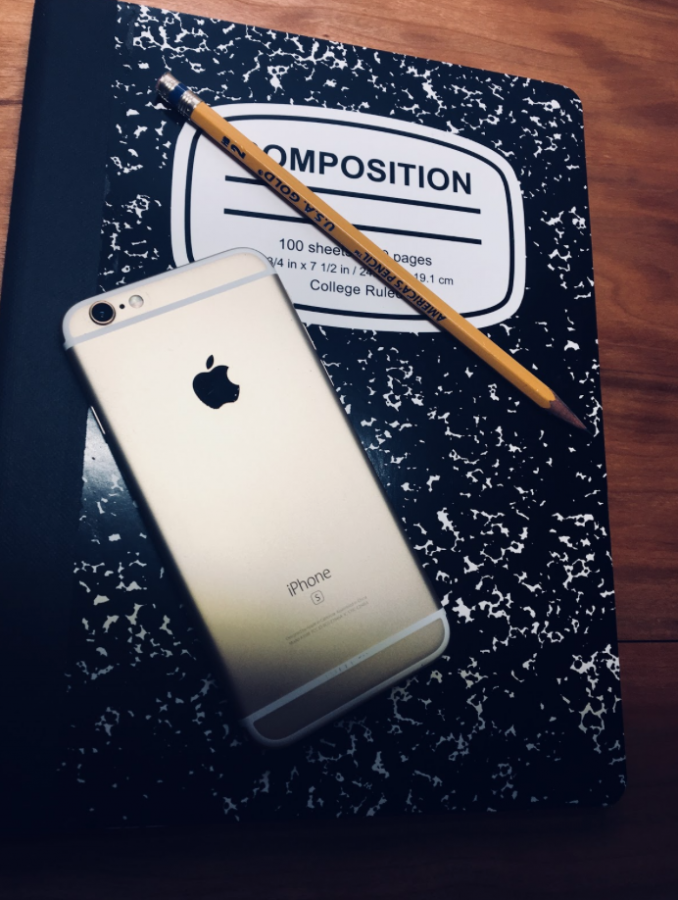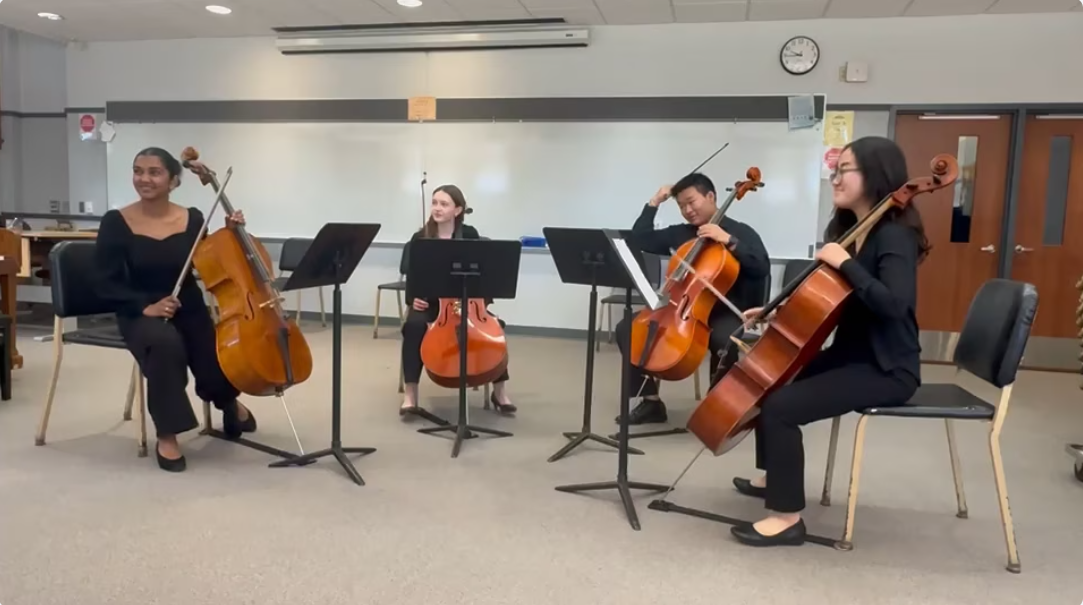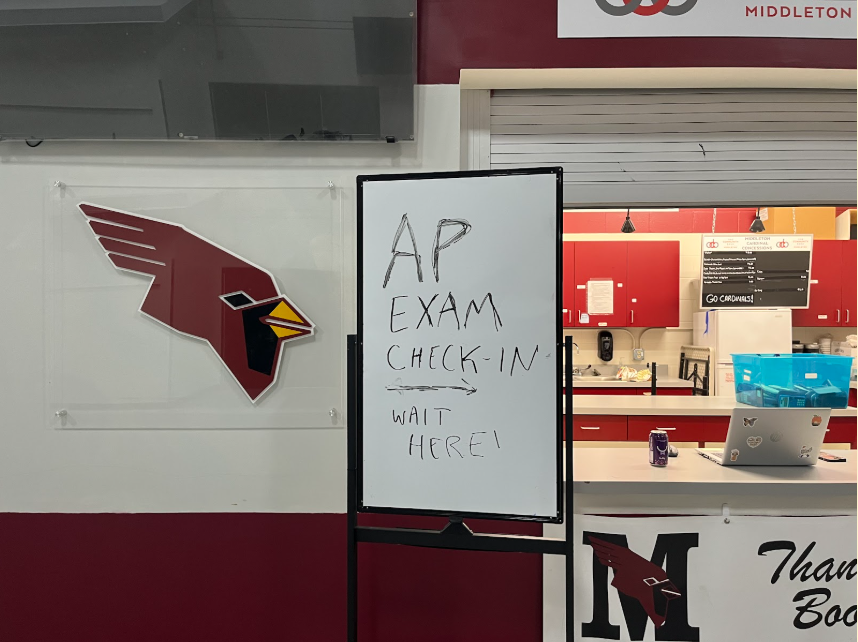MHS Teachers on Phone Policy
March 16, 2018
Today, it is a commonplace to look around and see everyone around you looking at their phones. According to tech company Asurion, people check their phones once every twelve minutes. This has consequently affected school environments, and dealing with the issue of phones in school may be more complex than it is given credit for.
Patrick Keeler, from the social studies department here at MHS, spoke about what he can do as a teacher when phones become a distraction in the classroom: “We are, as teachers, to encourage students to keep their phones off and away . . . We should not consider trying to remove a phone from a student physically — we shouldn’t be in possession of students’ phones in any way. That’s about as official as it gets right now.” Although he thinks that “[phones are] such a distraction to education in so many ways,” he also says that the way the school is addressing these issues is “currently not working very well…we need to think about it differently.”
It seems that the idea of ‘off and away’ is the only, clear policy that teachers we talked to feel there is. It is also abundantly clear that this policy — while catchy — is incredibly hard to enforce. Laura Russella, a teacher in the English department here at MHS, believes that this policy is, “enforced consistently because there’s not really a way to enforce that . . .” and she doesn’t, “. . . think it’s really effective at all.” Phones continue to cause problems at school in her eyes as she explains a “barrier” that phones put up between people in a classroom setting, making it, “harder to build a sense of community in the classroom.” With problems such as these and an ineffective policy to address them, Russella comments that she doesn’t “think students should have their phones at school… there needs to be a policy that is more serious than just the honor system, like, ‘please put your phone away’, ‘okay I’ll put my phone away.’”
While some teachers share her views, other teachers recognize that there are always uses for phones as well. A teacher that wishes to remain anonymous also sees the ‘off and away’ policy as our school’s way of handling phones. This source states that they too view phones as a negative influence in the school environment, saying, “I think ultimately it’s just a distraction towards education.” But this source also makes it clear that they understand the necessity, saying, “I do see its validity . . . we have a lot of students here, and they might need to organize a ride after school . . . or they need to ask someone for some type of assistance, or they need to get a hold of their parents, or something like that, so there is . . . validity in the sense having the phone in terms of something that they potentially might need . . .” And when it came to changing the phone policy, this source said, “. . . I think it’s something we’re going to have to continue to teach students, of when it’s ok to have a cell phone out . . . I don’t have an answer to that one.” Perhaps nothing but time and a changing of generations will help students and teachers strike a balance of phone use in a classroom setting.
What may seem like obvious solutions to the overuse of phones in school may not be as simple as they seem. For example, phone confiscation — while this method could appear to some as a way to eliminate phones in certain situations — is seen by the teachers interviewed as a wholly negative move. As Russella says, in taking a students’ phone, she is now, “on the hook for replacing it,” should something go wrong. It would seem that the liability issues are enough to stop many from taking a students phone.
It has become apparent that many teachers agree that the current policy on phone use is not effective due to the difficulty of enforcing the standards. The solution the school has developed is not taking into consideration the many variables that have to fit into the equation. On the other hand, making a single set of rules that define what to do with phones in school is beyond challenging. The bottom line: something is going to have to change – especially with technology continuing to be so vital as a part of the future, and in turn, our classrooms. How can we allow connections with others and focus in class to thrive while also acknowledging the essential qualities of phone-use in school?














